6. Willem Dafoe in Tommaso (Abel Ferrara, 2019)
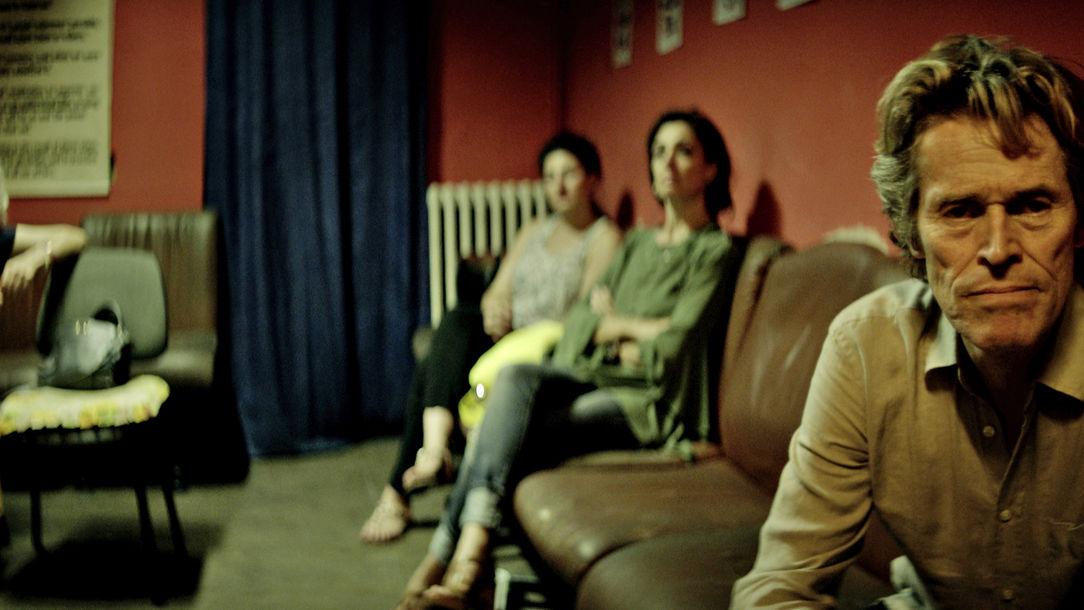
The pairing of Dafoe and Ferrara appears to be one that is gathering much more attention after Tommaso and Siberia were both announced in quick succession. Whilst Siberia was far more divisive due to the oddball storyline (I personally think it could be Ferrara’s weakest film in about thirty years… but the opinions on the film range a great deal!), Tommaso seemed to please many more by giving the audience a look into the life of Ferrara through Dafoe, who essentially acts as a version of Ferrara behind the scenes – an artist struggling with bringing his latest work to life and struggling even more maintaining his sobriety and domestic stability.
Seeing Ferrara return from his fiction film hiatus with such a powerful and personal project was wonderful as never before has Ferrara done something like this – there have only ever been subtle nods towards his own ideals throughout the majority of his films – and Ferrara didn’t hold back either, bringing out all of those demons that you’d think he would never bring forward without needing to.
Dafoe takes all of these personal demons and manages to carefully bring them out of himself in a way so convincing and often more subtle than expected that the audience could easily think that he were playing himself, even doing great with the Italian language parts of the film too. As far as personal films go, Tommaso is one of the best of the 21st century, and is a must watch for artists generally – it is absolutely incredible.
7. Forest Whitaker in Ghost Dog: Way of the Samurai (Jim Jarmusch, 1999)
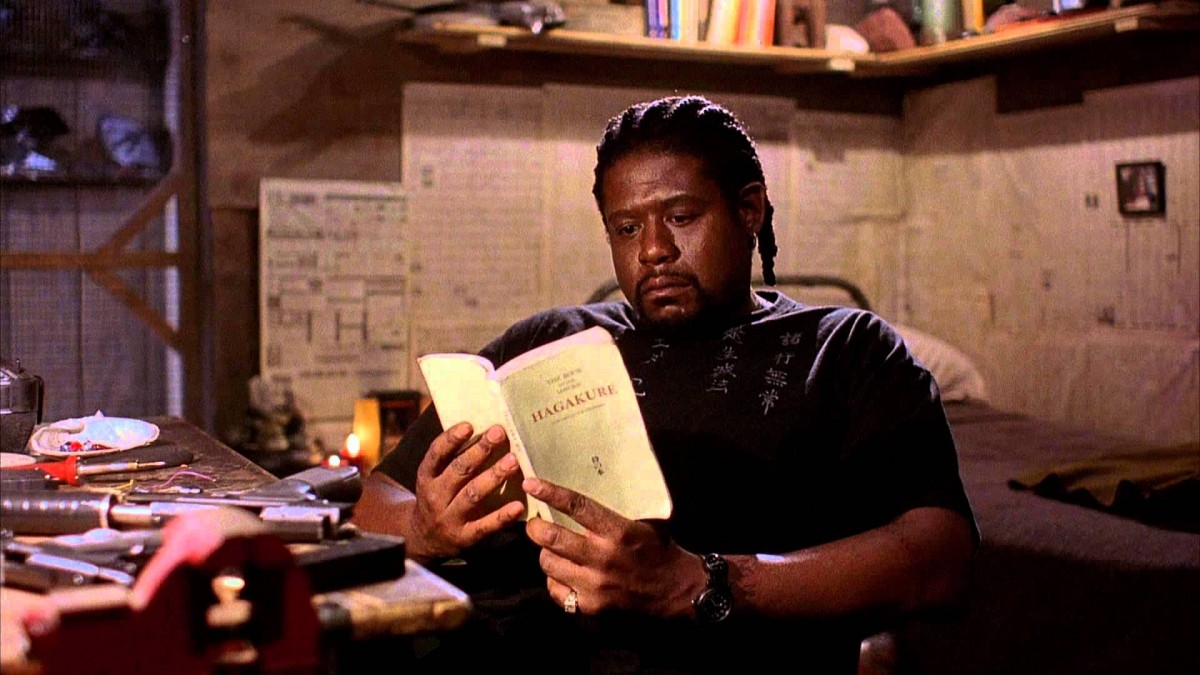
Jim Jarmusch is likely most known for his irreverent and quirky style, usually making his films consist of strong dialogue and character work with minimal plot, but Ghost Dog sees him take things in a slightly new direction. Gone are the everyday people, in are the mafia and assassins… a weird change for sure, and one that seems to turn a lot of his fans away from what is one of his finest films.
Starring Forest Whitaker as what feels like a blueprint version of Laurence Fishburne’s bird-loving killer in the John Wick trilogy, the film does a brilliant job of allowing Jarmusch’s usual good eyes for the beauties of the everyday and mundane to flourish whilst also going for the great traits of a typical crime underworld film, with Whitaker managing to execute both pretty flawlessly whilst making it look easy. His usual charisma helps, as does his love for the birds and even the RZA soundtrack, but Whitaker does most of the hard work in bringing his oddball character to life and even more in making him feel relatable given his profession as hitman.
8. Gena Rowlands in Opening Night (John Cassavetes, 1977)
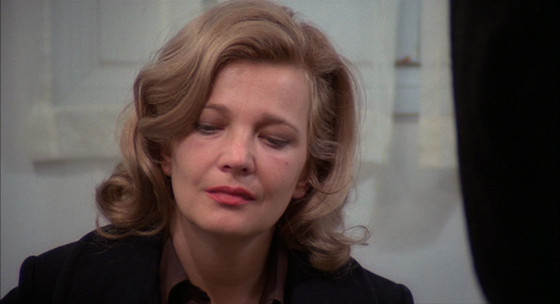
Whilst Gena Rowlands certainly received a great deal of praise for her showstopper of a performance in A Woman Under The Influence, in which she may give the greatest performance of all time (it’s definitely among the greatest!), her turns in other Cassavetes films always seen to receive a little less praise than they should. Opening Night sees Rowlands as Myrtle Gordon, a stage actress who is mentally torn apart after an encounter with a fan gone horribly wrong.
Winning her the Silver Bear for Best Actress in 1978, Opening Night reflects plenty on the home life of Cassavetes and Rowlands (who were husband and wife) too, giving insights into how their relationship works and how it is held together by their mutual need to express themselves through cinema. Rowlands carries just about every emotion there is, portraying an intense emotional mix between anxiety, passion and pain – surely a cocktail for disaster for a woman under as much pressure as her character in A Woman Under The Influence three years before.
9. Al Pacino in The Panic In Needle Park (Jerry Schatzberg, 1971)
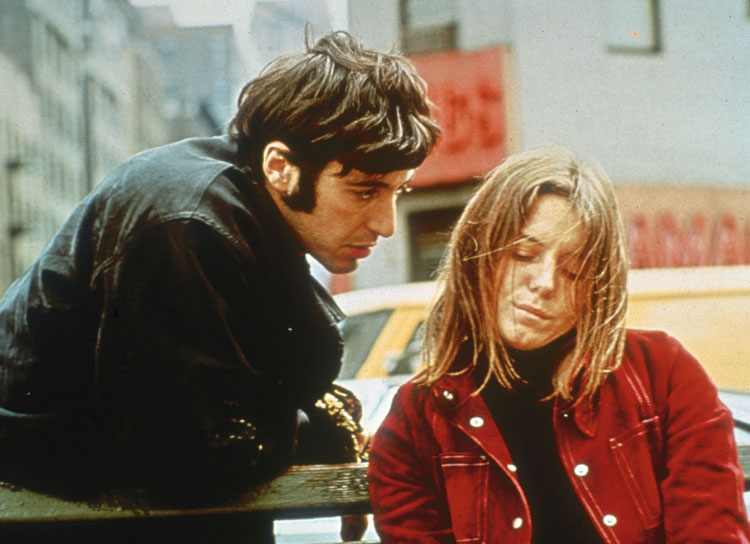
Whilst his career exploded a year later thanks to a starring role in Coppola’s The Godfather (needless to say, a masterpiece!), leading to the assumption that Pacino’s career actually began with such a performance, many have forgotten the wonderful film that preceded it for Pacino – that film being The Panic In Needle Park. In the film, Pacino plays a young heroin addict who falls in love with Helen (played by Kitty Winn, who gives her best performance too – the scene on the boat is stunning), the film taking a fly-on-the-wall approach to capturing the harsh realities of drug addiction and hustling in Manhattan’s Needle Park.
It’s a hard watch, Pacino making it so with his young and naive puppy-dog eyes and the terrific way that he consistently grounds his performance by acting directly on the line between a teenager and an adult (someone who thinks they have their grips on things, but really don’t), but it fully warrants watching with its wonderful verite approach to New York City, an approach that is still replicated now (a notable recent replication would be Heaven Knows What by the Safdie Brothers, another film about a couple of drug addicts in NYC, and also another great film). Schatzberg directs beautifully, and Pacino fills the demanding boots of his performance excellently considering that this was his first starring role.
10. Rooney Mara in Side Effects (Steven Soderbergh, 2013)
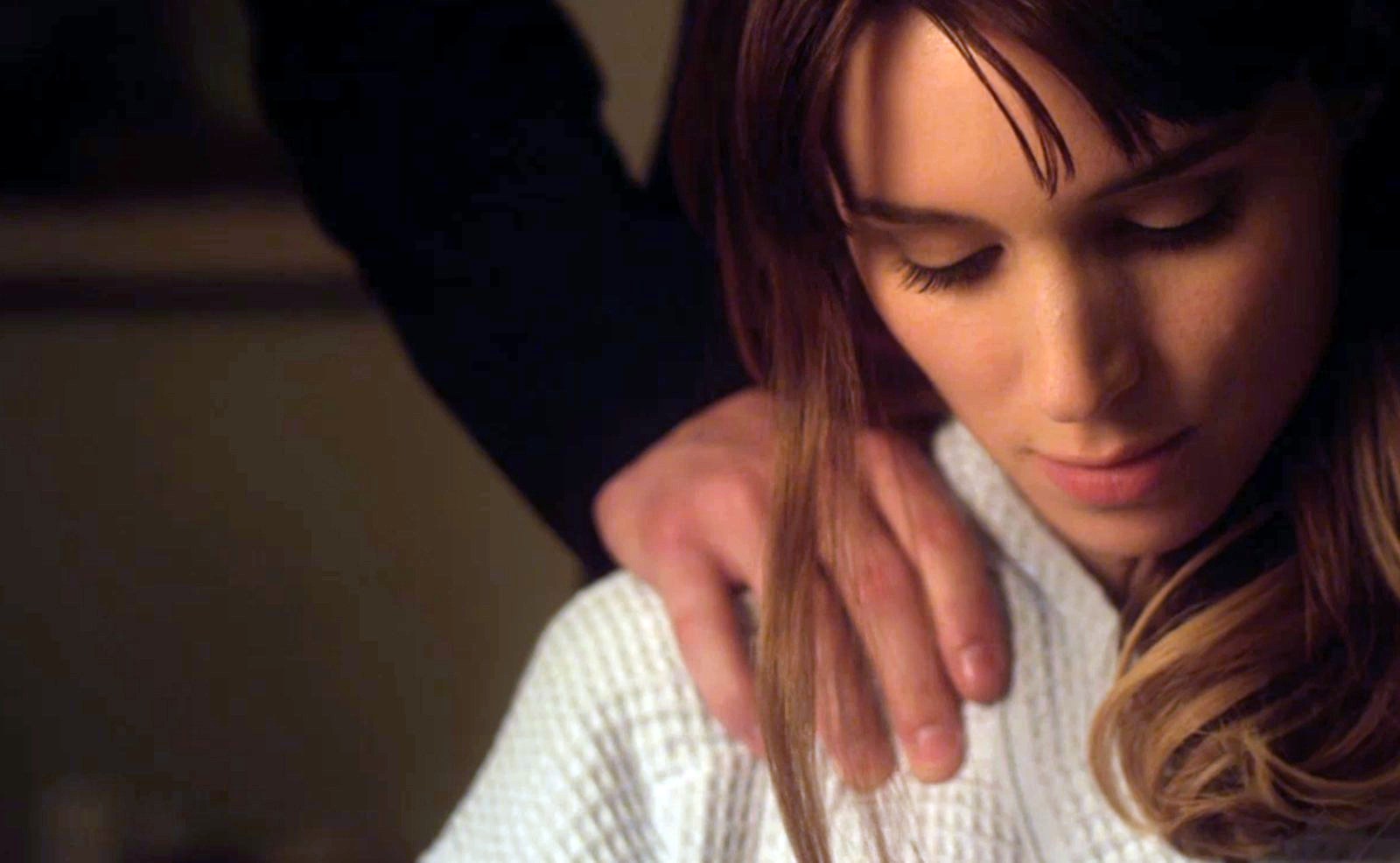
Saving the worst for last, maybe – Rooney Nara’s turn in David Fincher’s adaptation of The Girl With The Dragon Tattoo is one of the most praised female performances of the 21st century so far, blowing people away with how she brought the dark world of the story to the screen so well. After some great smaller roles in films like Spike Jonze’s Her (2013) and The Social Network (Fincher again, this time in 2010), Mara made something of a comeback as a leading star when she appeared in Steven Soderbergh’s taut mystery thriller Side Effects in 2013.
Considering that the film presents a great amount of unpredictables twists and turns intended to provoke the audience throughout, Mara’s performance becomes similar to that of a wicked chameleon as she constantly has to adapt the subtleties in her performance to match the perspective of Jude Law, the psychiatrist trying to unravel the mystery before his life and reputation is shredded before his eyes.
Mara is never fully predictable, and manages to execute these constant shifts with seemingly little effort as the audience desperately tries to, and fails to, pin her character down and understand what she’s trying to do. When all is finally revealed, the twist works so smoothly largely thanks to Mara’s incredible turn as Emily.